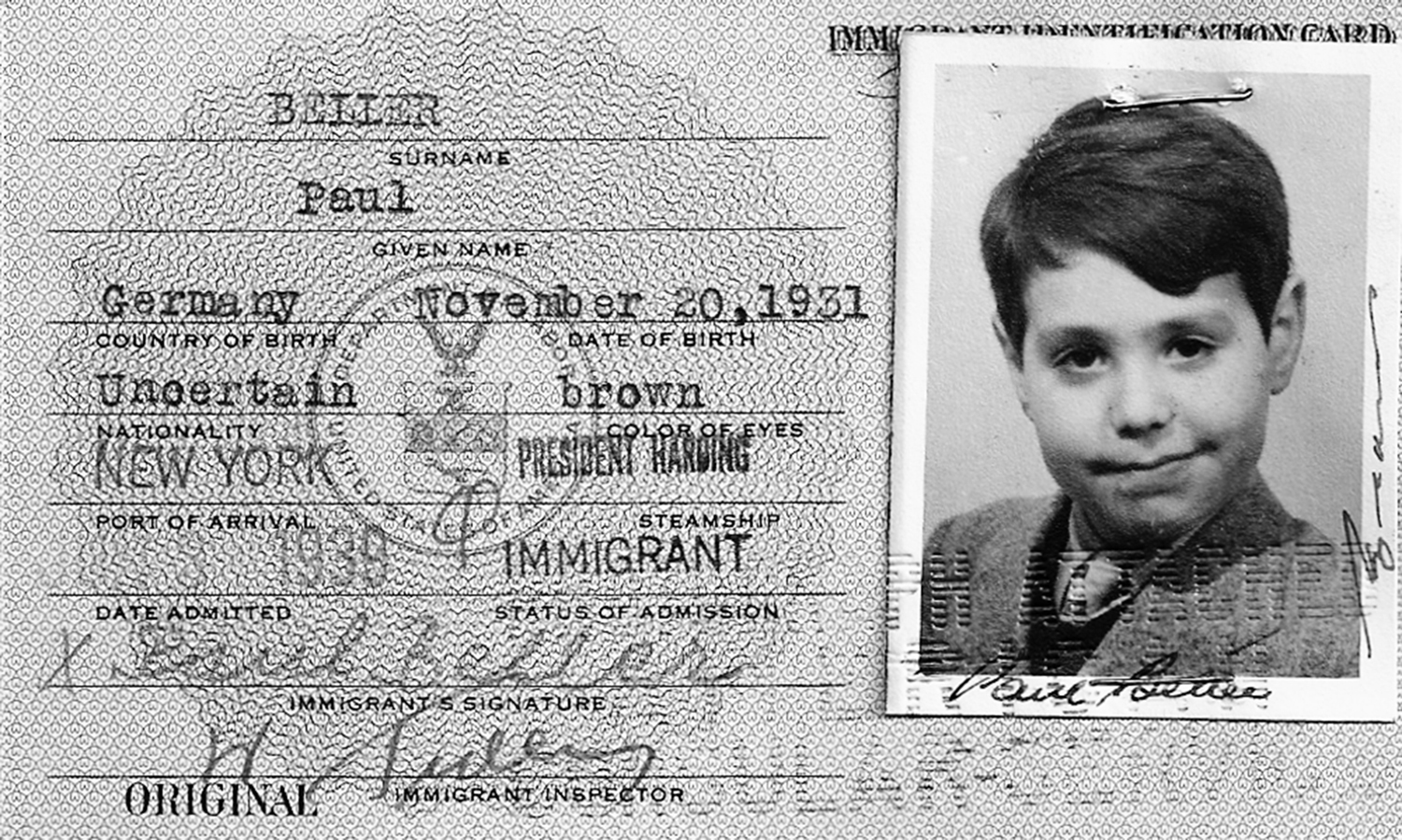
Steven Pressman’s new book, 50 Children (HarperCollins), broadens and deepens the extraordinary tale that Pressman brought to light in his acclaimed 2013 documentary of the same name: in short, how one seemingly ordinary American couple traveled to Nazi Germany and, in the dark days of 1939, saved as many Jewish children as they could — before it was too late. Here is an excerpt, along with photographs, from the book.
January 1939 | Eleanor Kraus glanced around the dining room of her spacious three-story brick home on Cypress Street, in Philadelphia’s well-heeled Fitler Square neighborhood. The dinner hour was approaching, and Eleanor wanted to be sure that the table had been set properly. Although her husband, Gil, had not yet arrived home from his downtown law office, Eleanor had already dressed for the evening, choosing a silk dress and a pair of T-strap pumps. A double strand of pearls, set off against a new pair of matching earrings and a deep-red coat of lacquered nail polish, completed the look. Carlotta Greenfield, one of Gil’s nieces, was bringing her fiancé to dinner, and Eleanor, as always, wanted everything to shine.
When Gil walked through the front door a few minutes after six o’clock, Eleanor greeted him with a quick kiss on the cheek and reminded him that their guests were due to arrive any moment. Gil smiled knowingly at his wife, removed his overcoat, and set down his worn leather briefcase. As Eleanor was turning to dash back into the kitchen to check with the family cook on the dinner preparations, Gil caught her eye. “There is something that I need to discuss with you. Come into the bathroom while I shave. We can talk in there and while I’m getting dressed.”
[Gil] was forty-two years old, and he and Eleanor had been married for more than fourteen years. But as he stood there in the bathroom, filling the sink with steaming hot water and then carefully scraping the straight edge razor across his face, it struck Eleanor just how fit and handsome he still was. With his broad shoulders and muscular torso, Gil had retained his physique of more than twenty years earlier, when he had competed on both the varsity wrestling and football teams during his undergraduate days at the University of Pennsylvania.
While Eleanor perched on the edge of the bathtub, Gil mentioned that his good friend Louis Levine had dropped by earlier that day. Levine was a successful real estate man in New York, but his visit to Gil’s office had nothing to do with business matters. He had come in his capacity as the grand master of Brith Sholom, a national Jewish fraternal organization to which Gil also belonged.
The two men had talked all that afternoon about a seemingly impossible idea—whether there might be a chance to help save Jewish children trapped inside Nazi Germany. . . . Levine reminded Gil that the group had recently built a children’s summer camp along the banks of Perkiomen Creek in Collegeville, a semirural area about an hour outside of Philadelphia. On the other side of the camp, Brith Sholom had also constructed a large stone house that included twenty-five bedrooms. The house, intended for possible use as an old-age home, at the moment was standing completely empty.
Gil had enormous respect for Levine, and he listened closely as his friend spoke passionately about the ever-increasing dangers that were confronting Jews—adults and children alike—living in Nazi Germany. As the afternoon wore on, Levine finally got to the real point of his visit. He knew all about Gil’s reputation as a tough-minded lawyer who seemed able to solve just about any challenge put before him. Levine bluntly asked if Gil himself would be willing to take on the children’s rescue project.
Reacting almost instinctively, Gil surprised himself by immediately agreeing. . . . Gil had a strong sense of justice, of right and wrong, and the rescue idea was right. Coincidentally three prominent Philadelphia Quakers—Rufus Jones, Robert Yarnall, and George Walton, all of whom Gil knew quite well—had traveled on their own to Berlin only a few weeks earlier in an effort to help Jews get out of Germany. . . . But the high-minded mission was rebuffed. “Germans Ridicule Visiting Friends” read the headline in the December 9 edition of the Philadelphia Evening Bulletin. The accompanying article, an Associated Press dispatch from Berlin, reported that a German newspaper controlled by Nazi Propaganda Minister Joseph Goebbels “declared today that ‘we must laugh’ at the Quaker delegation, which is coming from the United States to investigate the condition of Jews and other minorities in Germany.”
Other groups, including several leading Jewish organizations, had been trying since 1934—within a year of Hitler becoming Germany’s chancellor—to bring Jewish children to safety in the United States. Such efforts had yielded very little success, resulting in the rescue of only a small handful of children before bumping up against America’s stringent immigration regulations. No one could figure out a way to bring in larger numbers of children. . . .
Eleanor listened patiently while Gil recounted the conversation with Levine. . . . Gil glanced at the mirror and then turned toward Eleanor. Levine had asked if he would be willing to take on the project, he said. It would be a very complicated undertaking, of course, but he had promised his friend that he would certainly think it over. For the moment at least, Gil decided not to tell his wife that he had made up his mind on the spot.
Finally, it was Eleanor’s turn to talk. “Gil, this is really crazy!” she exclaimed. “No one in his right mind would go into Nazi Germany right now. It’s not safe, especially for Jews. I’m not sure you could stand it for even twenty-four hours. I’d be too scared to put a foot into that country, assuming the storm troopers would even let us in.” Gil was quiet as he stepped into the bedroom, where he began to dress for dinner. He certainly was not surprised by her reaction. He was fully aware of the risks involved in moving ahead with the rescue plan. Traveling to Nazi Germany held little appeal for a Jew—even one traveling with the protection of an American passport. Gil also knew that the project would almost certainly require him to spend several weeks or even months in Europe. And even then, there was no way of knowing if the plan had any chance of succeeding.
Steven Pressman is the author of Outrageous Betrayal: The Dark Journey of Werner Erhard from est to Exile, and the writer, director and producer of the HBO film, 50 Children. (Photo: Liz Perle)
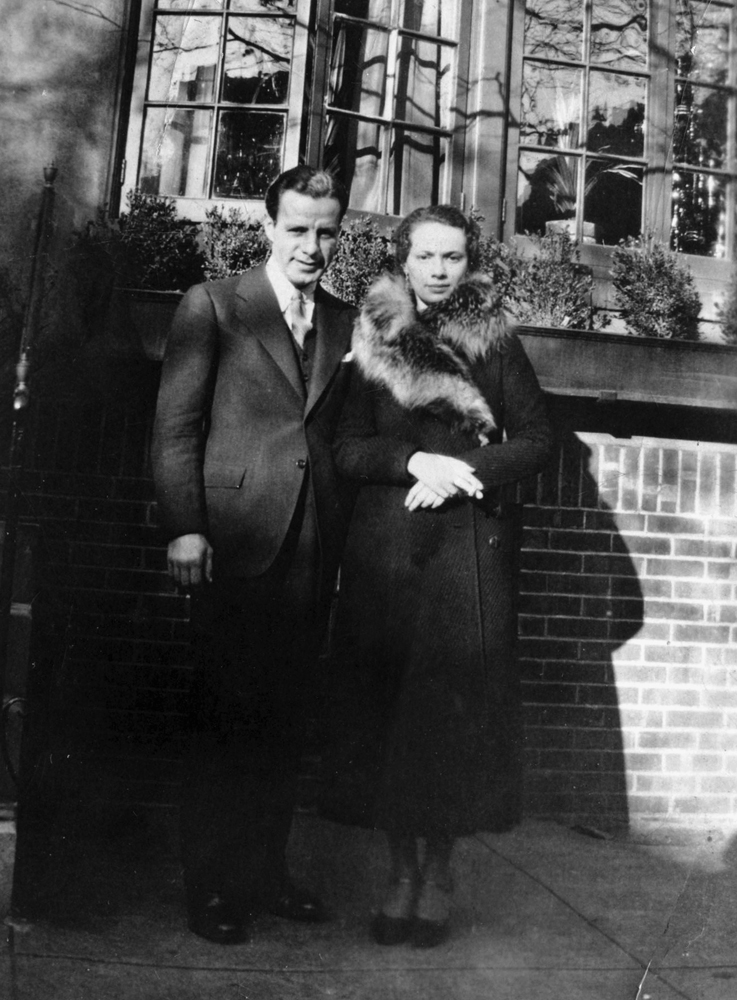
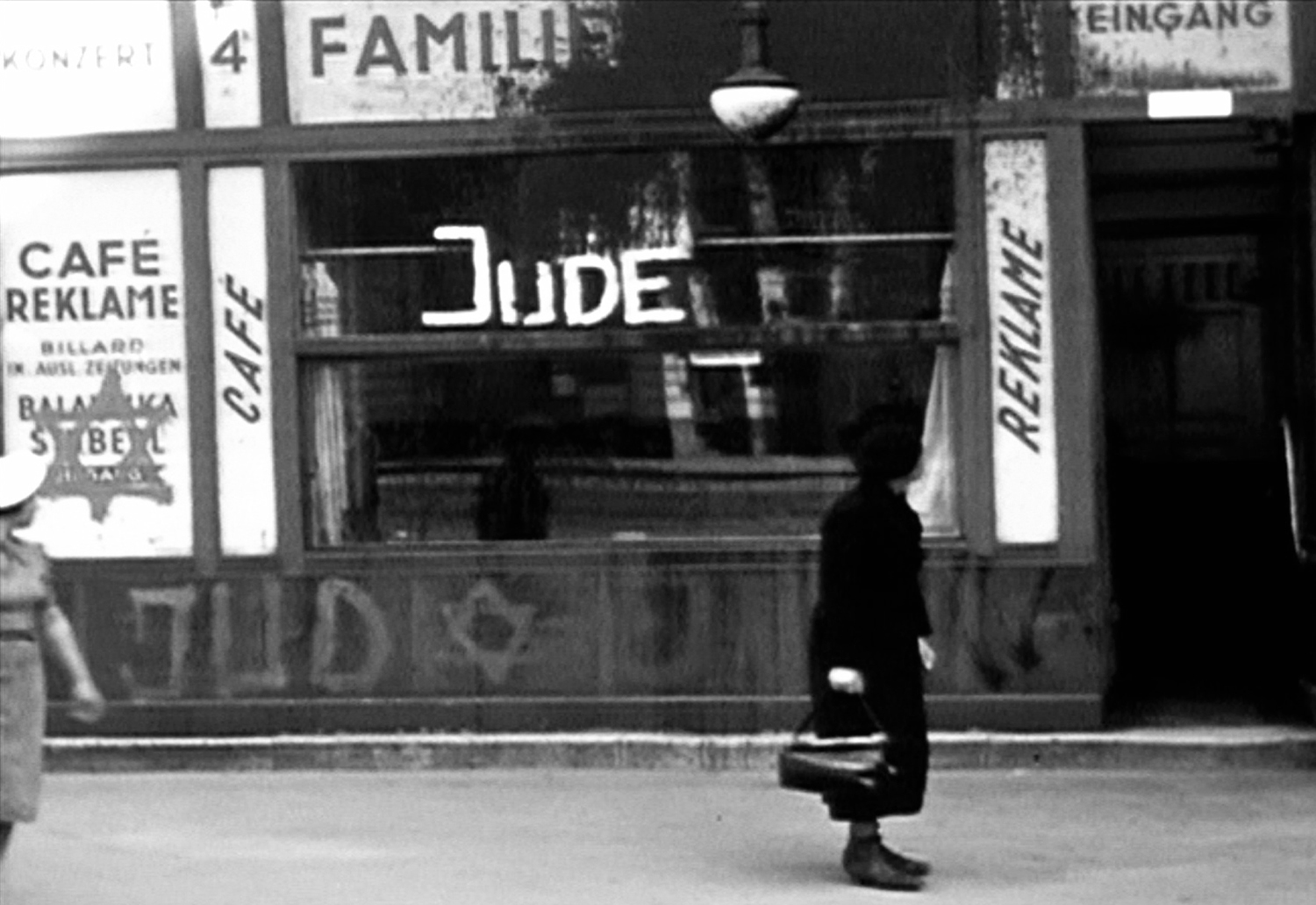
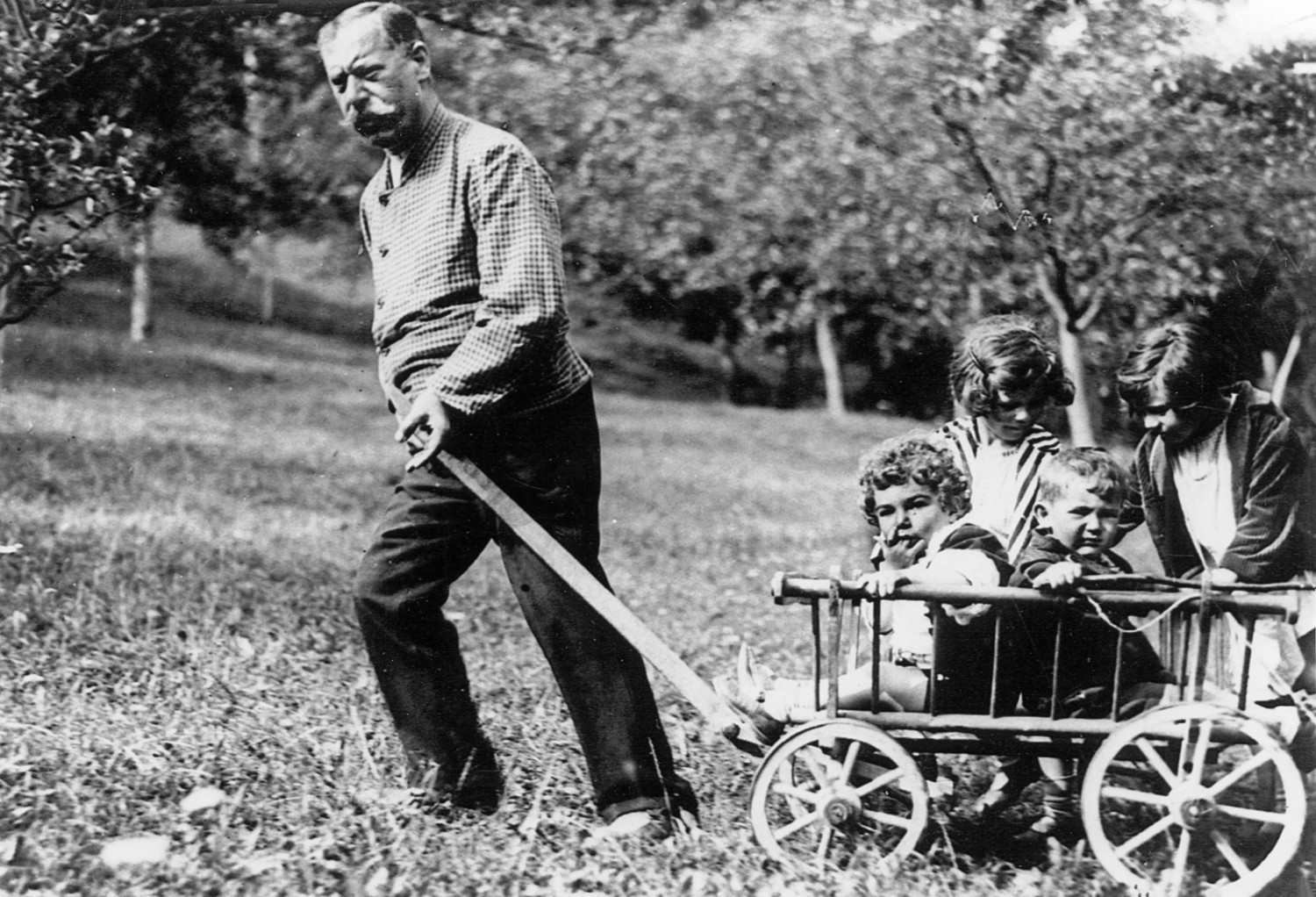
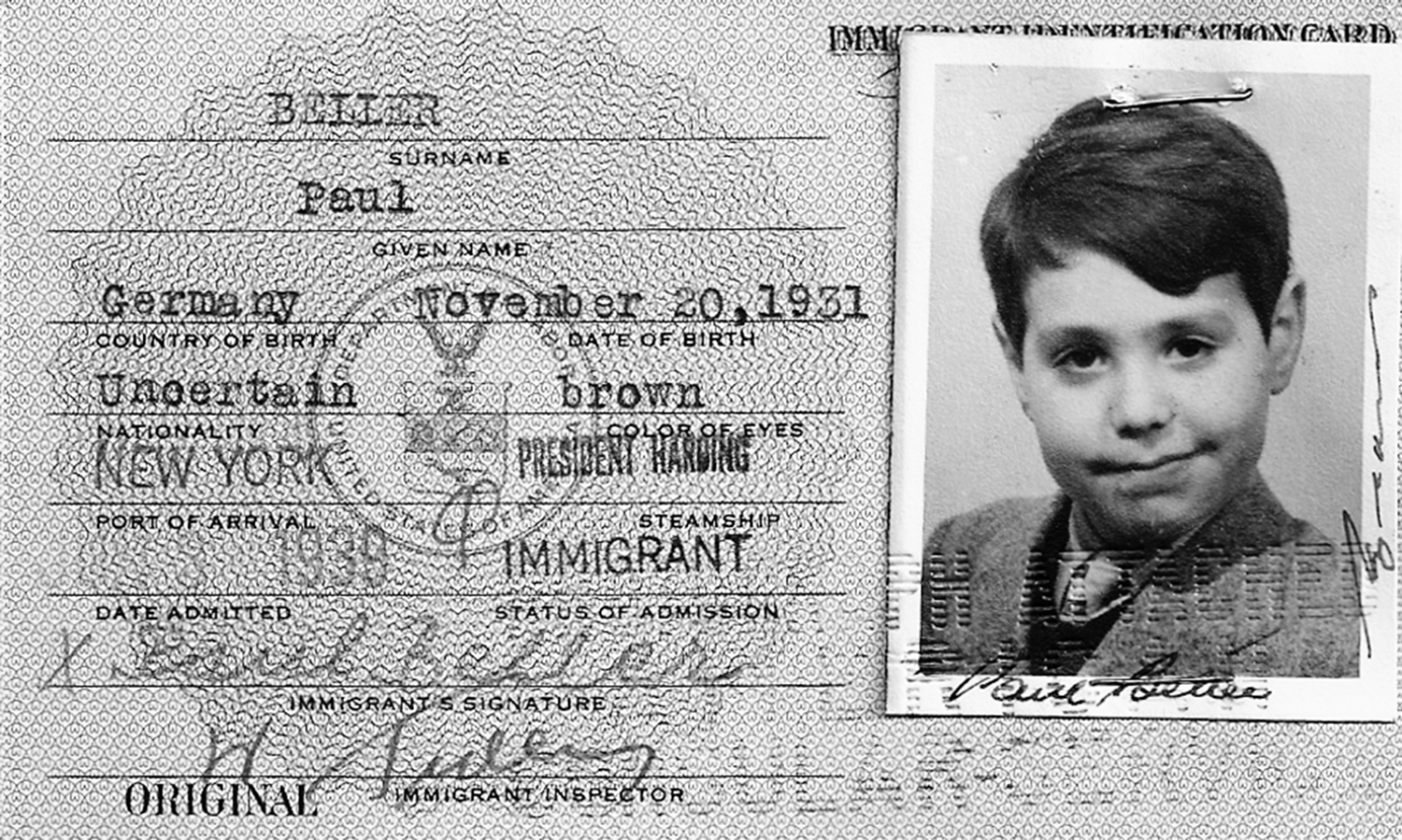
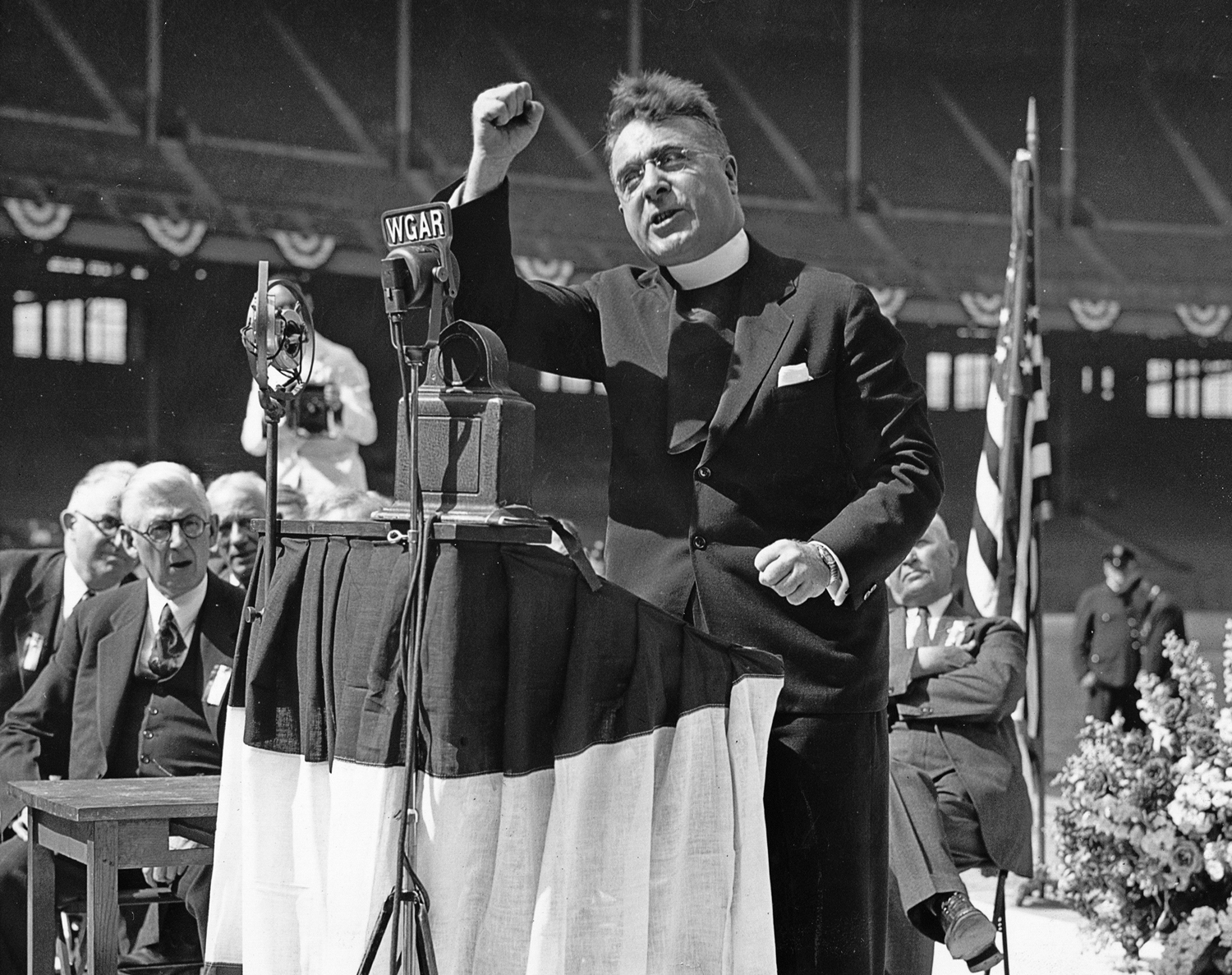
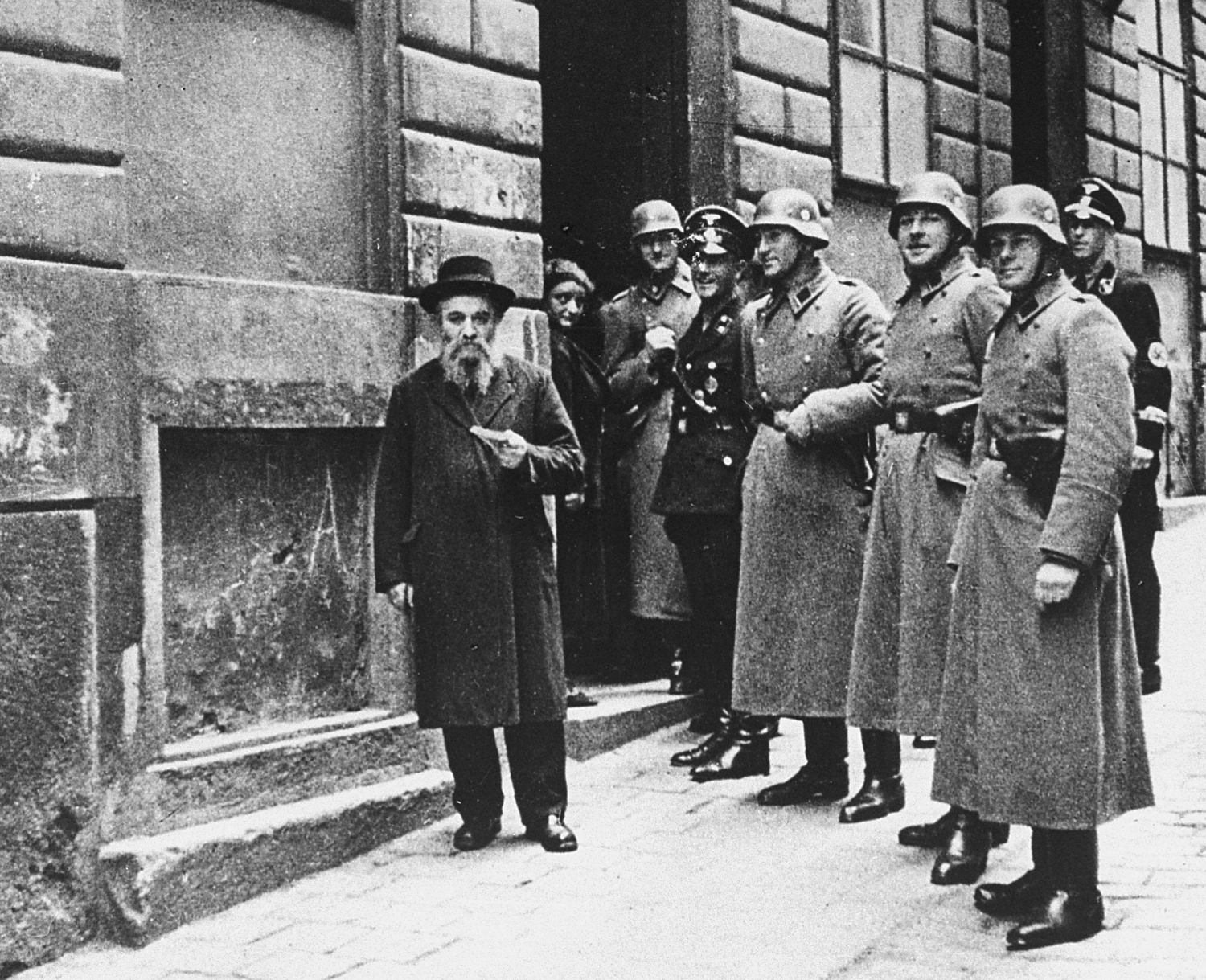
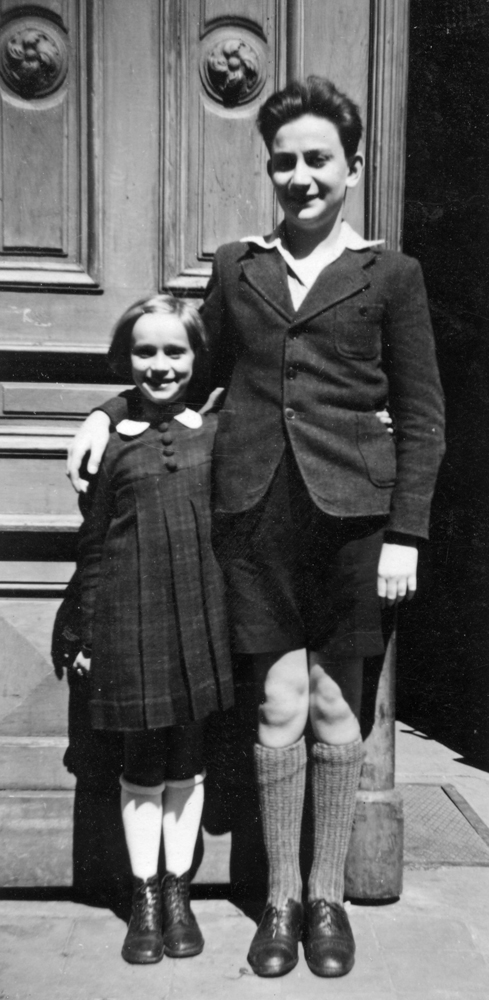
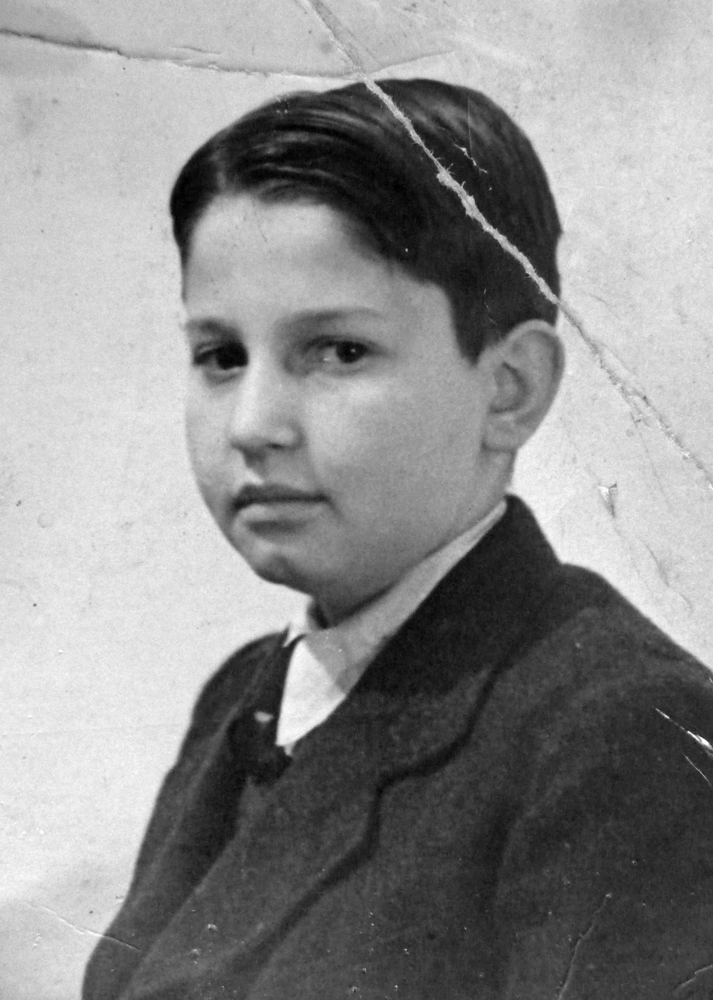
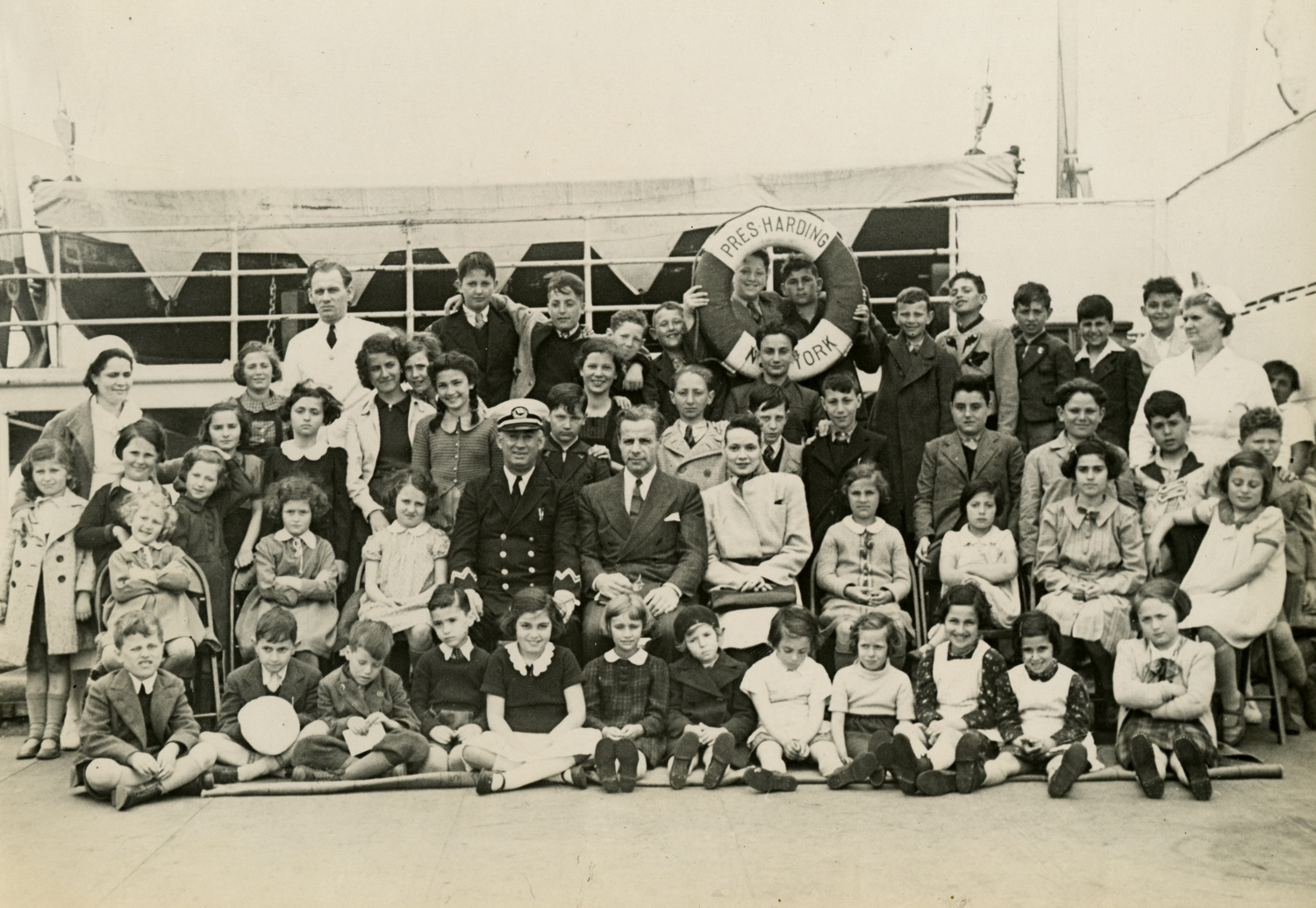
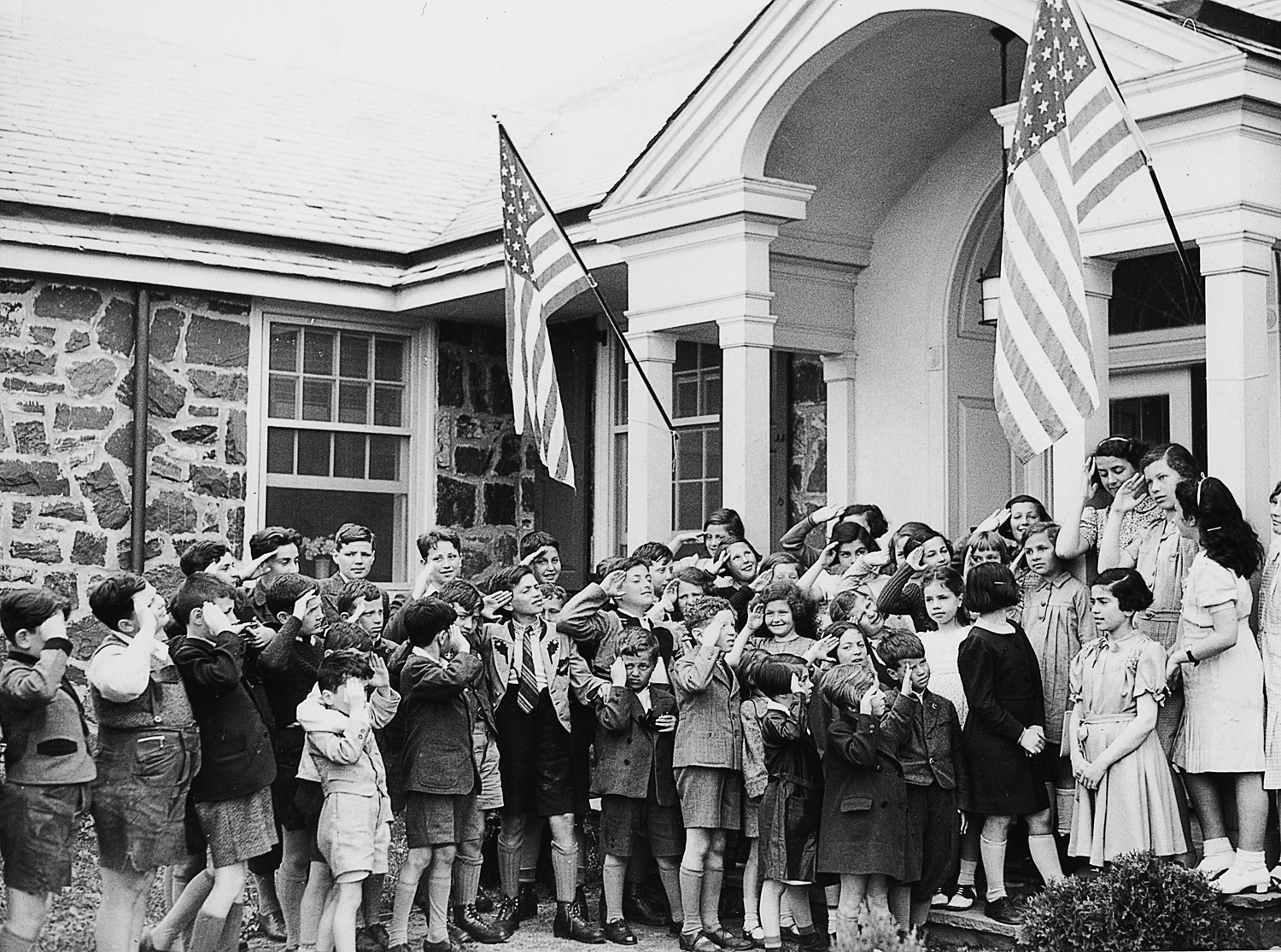
More Must-Reads from TIME
- Donald Trump Is TIME's 2024 Person of the Year
- Why We Chose Trump as Person of the Year
- Is Intermittent Fasting Good or Bad for You?
- The 100 Must-Read Books of 2024
- The 20 Best Christmas TV Episodes
- Column: If Optimism Feels Ridiculous Now, Try Hope
- The Future of Climate Action Is Trade Policy
- Merle Bombardieri Is Helping People Make the Baby Decision
Contact us at letters@time.com